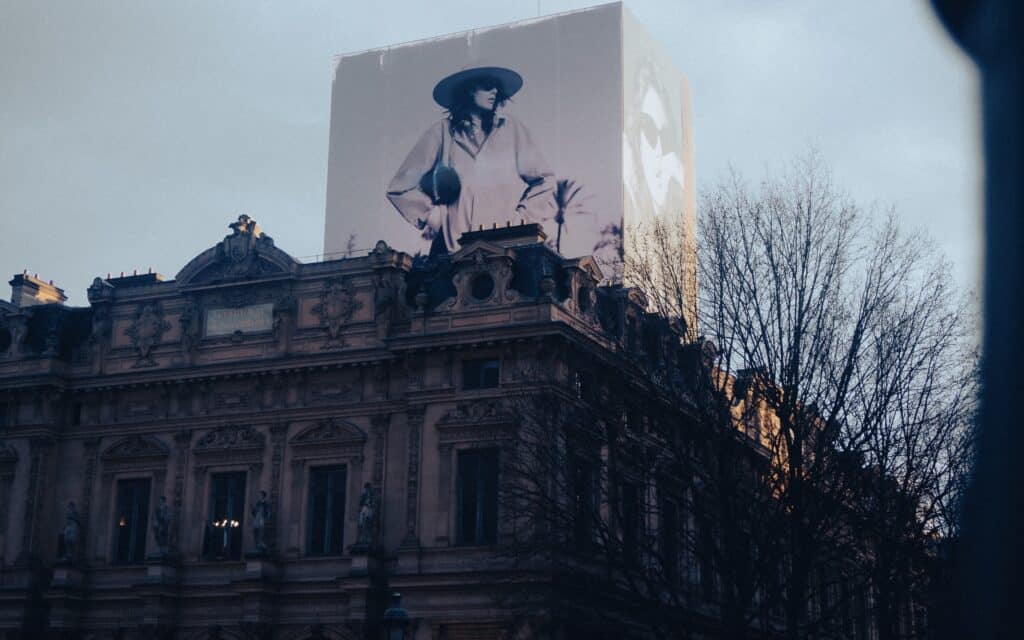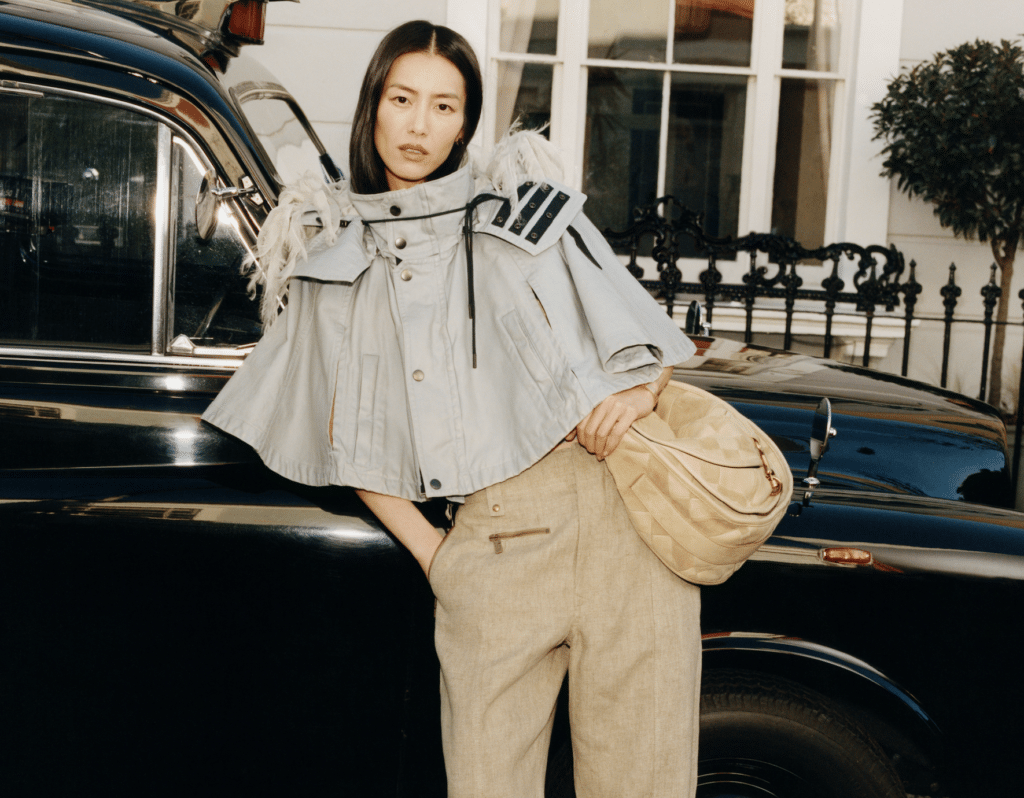Just a couple of months after holding that Mashable did not run afoul of federal copyright law by embedding the work of a professional photographer into one of its articles even after the photographer refused the terms of the licensing agreement that the site had offered her, a New York federal court has walked back on its decision. In an opinion and order dated June 24, Judge Kimba Wood of the U.S. District Court for the Southern District of New York granted photographer Stephanie Sinclair’s motion for reconsideration, putting the issue of embedding back in the spotlight.
In her recently-issued order, which Judge Wood states that the court “adheres to its previous holding that, by agreeing to Instagram’s Terms of Use” when she signed up for the Facebook-owned photo-sharing app, Stephanie Sinclair “authorized Instagram to grant API users, such as Mashable, a sublicense to embed her public Instagram content, as set forth in Instagram’s Platform Policy.” In other words, because Sinclair – who filed suit against Mashable in January 2018, accusing the New York-based digital media publisher of infringing her exclusive rights in a photo that she took – uploaded and publicly-displayed the photo at issue on Instagram, she “agreed to allow Mashable, as Instagram’s sublicensee, to embed the photo in its website,” with or without her authorization and with or without a license from her, Judge Wood asserted in her original decision on Mashable’s motion for summary judgment in April.
Stating that the license between Sinclair and Instagram is not in question, Judge Wood turned her attention to the potential sublicense for Sinclair’s work – a photo entitled, “Child, Bride, Mother/Child Marriage in Guatemala” – that Instagram granted to Mashable. What is up for debate is whether Instagram actually “granted Mashable a sublicense to embed [Sinclair’s] photograph on its website.”
Judge Wood acknowledges that “the court previously concluded that [Instagram’s] Platform Policy granted Mashable a sublicense to use the API to embed [Sinclair and others’] photographs in its website,” assuming the photos are displayed on a publicly accessible – and not a private – Instagram profile. Having said that, states that “in reaching this conclusion [in April], the court did not give full force to the requirement that a license must convey the licensor’s ‘explicit consent’ to use a copyrighted work.”
Specifically, the judge asserts that one of Instagram’s policies states that its embedding API – which enables companies, such as Mashable, to incorporate others’ Instagram photos onto their websites – “is intended to ‘help broadcasters and publishers discover content, get digital rights to media, and share media using web embeds’” – could be interpreted as granting API users “the right to use the API to embed the public content of other Instagram users.” That is what Mashable argued. In response to Sinclair’s copyright infringement suit, Mashable pointed to the provision in Instagram’s policy as evidence that Instagram granted it a sublicense to use the API and thereby, embed Sinclair’s photo in its website.
The court is not so sure, and after revisiting the issue, as prompted by Sinclair’s motion for reconsideration, Judge Wood has essentially said, hold on.
Addressing the Instagram embedding API provision, and Mashable’s assertion that the provision grants it – and other publishers – the right to embed others’ copyright-protected imagery to their sites without running afoul of the law, the judge has held that Mashable’s understanding “is not the only [potential] interpretation” at play.
Given that the terms of Instagram’s “Platform Policy terms are insufficiently clear,” Judge Wood determined that Sinclair’s “copyright claim against Mashable cannot be dismissed on the basis of Mashable’s sublicense defense on the record presently before the Court,” and thus, must be decided at trial and not on summary judgment.
The court’s recent walk-back on the issue of legality when it comes to embedding imagery from Instagram may prove a significant coup for photographers. Should the court ultimately decide that while Instagram amasses licenses from its users in connection with the imagery they post on its platform, it has not provided valid sublicenses to other users, such as publishers, photographers who have federal registrations for their imagery may rush to court to file infringement suits. At the same time, such an outcome would almost certainly force companies, such as Mashable and similarly-situated publishers that rely heavily on embedded imagery, to refashion how they use others’ imagery.
UPDATED (February 9, 2021): In a February 9 order of dismissal, Judge Wood stated that the court “has been advised that the parties have reached a settlement in principle.” As such, the action is “hereby dismissed and discontinued without costs.”
*The case is Stephanie Sinclair v. Ziff Davis, LLC, and Mashable, Inc., 1:18-cv-00790 (SDNY).














